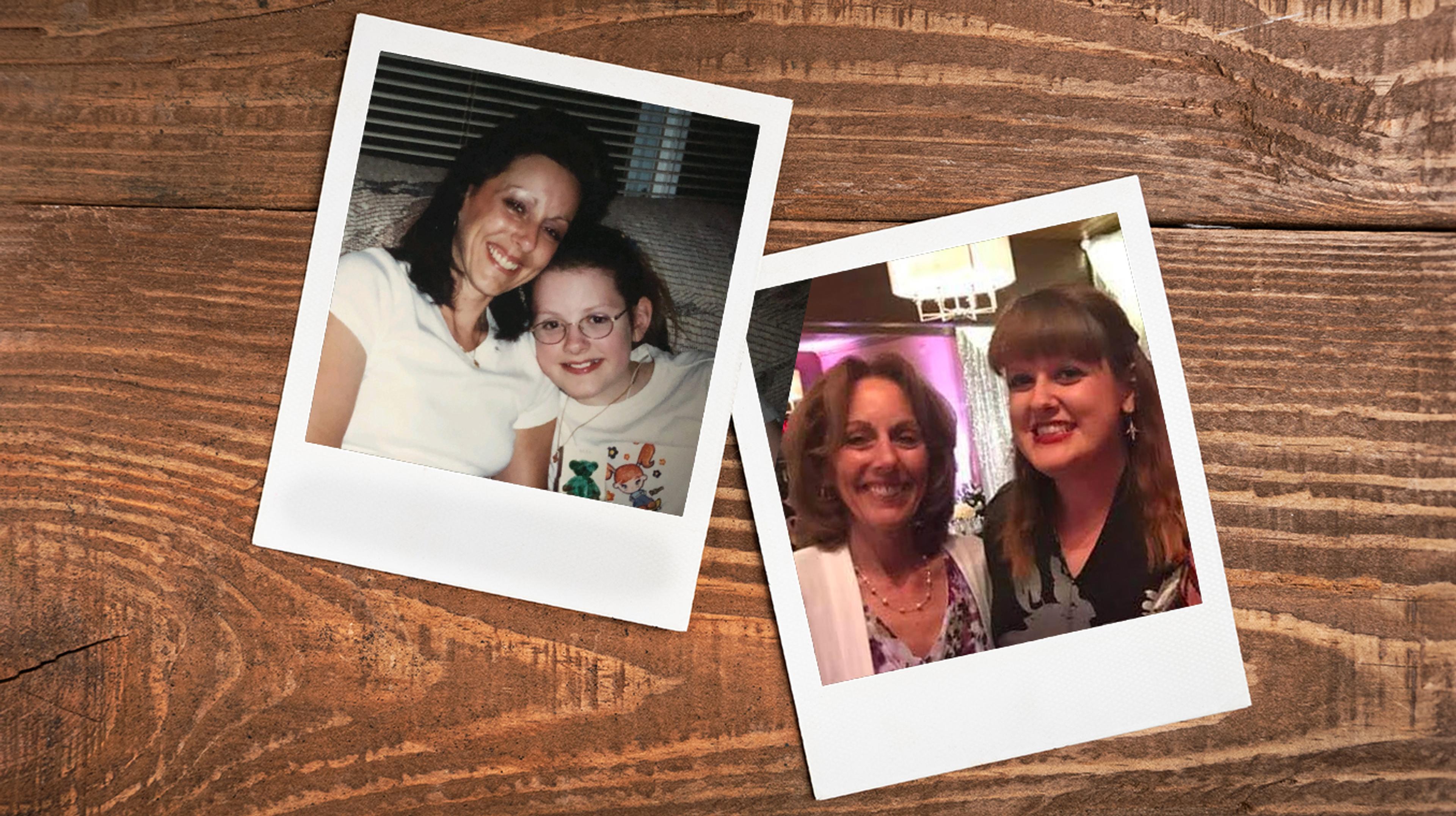How I Am Managing the Holidays While Grieving

Monica Drake
| 4 min read

For many people, the holidays are the happiest time of the year. But for those grieving the death of a loved one, the holidays may amplify their feelings of loss.
I know because that’s how I feel. My godmother, Aunt Michele, died on Thanksgiving Day. And, while I’m trying to get out of the house to do holiday activities, it feels like I’m just going through the motions.
I usually look forward to our family holiday party with all our aunts, uncles and cousins, but without her, there’s this giant hole. I keep thinking, one of these days, I’m going to get a Christmas card in the mail, signed by Aunt Michele with her signature smiley face. And then I have to remind myself that it’s not coming this year.
It seems even more difficult trying to manage these feelings when others expect you to be in the holiday spirit. Someone even had the nerve to call our family “boring” when joining our cousins for holiday drinks this month. And I just wanted to scream, “What do you expect us to do? Jump for joy? Dance on the bar? We’re still mourning!”
This is the perfect example of what NOT to do when a friend is grieving. Never make them feel like they need to get over it – no matter if it’s their first, second or third holiday without their loved one. Even though things may get easier over time, the holiday season can still be difficult. So, let them know it’s OK to be sad and that they’re not alone. And, if they don’t respond to your phone calls or if they cancel plans, give them the space they need.
Different people grieve in different ways, and someone who is grieving will probably act differently than they would in normal, everyday circumstances. Don't take offense if they don't want your help, or if they don't want to talk about it. Still send them your holiday cards and invite them to holiday festivities, but don’t take it personally if they say they can’t come. Make it clear you understand if they aren’t up for it. And be flexible if they have to let you know last minute because they don’t know how they’ll feel that day.
I know, for me, the most comforting response was from friends, asking if I needed anything – and that’s the question I asked my cousin too. It’s also helpful to offer hands-on support, like “Do you want me to drop off food,” “Do you need help sorting through their belongings” or “Can I come over to help wrap presents or decorate your tree?” When someone is grieving, even the simplest tasks can feel overwhelming, so having someone offer to help can lessen some of that burden.
If their answer is “No” or they never respond, don’t just show up at their house or keep texting, "Are you sure you're OK?" They are probably bombarded with people contacting them. At this moment, give them the space they need and check back in a couple weeks.
I know we can all be guilty of saying the wrong thing when someone we love is going through a hard time. Once, my friend was grieving because her grandmother only had a few days left to live. And, being that all four of my grandparents have died, I tried relating my own experience to hers and telling her that I understood what she was going through.
But she got mad at me. She didn't want me to tell her I understood. All she wanted, at that moment, was for someone to listen. I felt bad because my feelings were hurt. But that's the thing – when someone else is grieving, it's not about you; it's THEIR feelings that matter.
Grief specialists on Empathy.com wrote, “Try not to project your own experience of loss onto the other person. Avoid saying things like: ‘When my father died, I was such a mess.’ Sometimes when we are not sure what to say, we try to relate to another person’s experience by talking about ourselves. To someone in grief, however, this can feel like a dismissal of their pain.”
Other no-no’s are saying things like, "Everything will be okay in the end,” and "He or she is in a better place” or giving unsolicited advice, like, “Just try and stay positive.” These statements minimize the feelings of loss and can make a person feel judged for their normal reaction to grief. Instead, just say, "I love you, and I'm here for you” or “I miss them too.” You don’t have to say a lot; just be there to listen and be a shoulder to cry on if they want it.
For more information on the grieving process, visit helpguide.org.
For more information on the grieving process, visit helpguide.org.
Opinions expressed in this blog belong solely to the author and do not necessarily reflect the opinions or beliefs of Blue Cross Blue Shield of Michigan or its subsidiaries and affiliates.
Photo credit: Courtesy of Monica Drake





